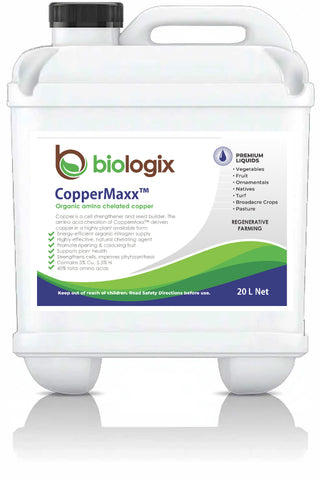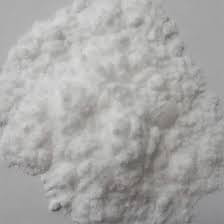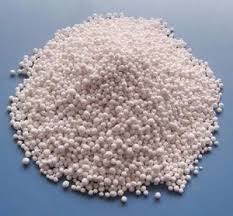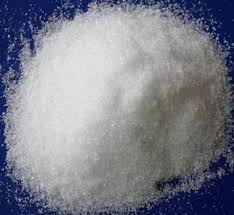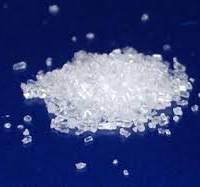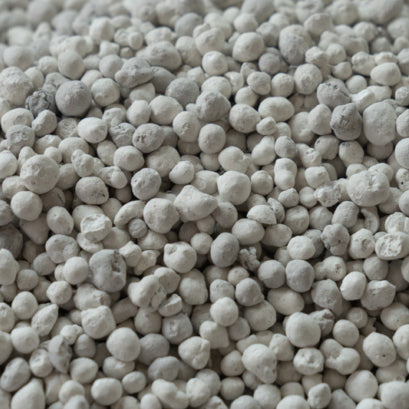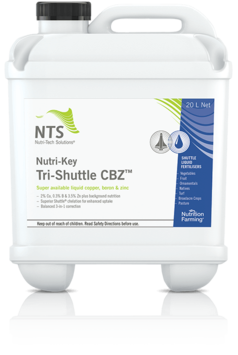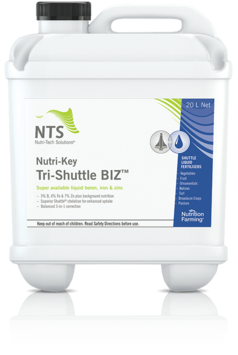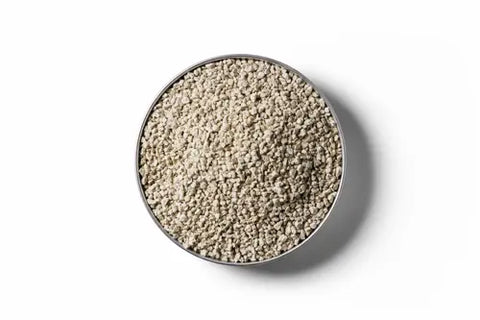Trace Minerals
Trace minerals, also known as microminerals, are essential elements required in small amounts for plant growth and development. Though needed in minute quantities compared to macronutrients like nitrogen, phosphorus, and potassium, they play critical roles in various physiological and biochemical processes. For a grower, understanding their importance is key to optimizing crop health, yield, and quality. Below is a clear explanation tailored to a grower:
Why Trace Minerals Are Important
-
Enzyme Activation and Metabolic Processes:
-
Trace minerals like zinc (Zn), iron (Fe), manganese (Mn), and copper (Cu) act as cofactors for enzymes, enabling critical metabolic reactions such as photosynthesis, respiration, and nitrogen fixation.
-
For example, iron is vital for chlorophyll synthesis, while zinc supports the formation of growth hormones like auxin.
-
-
Plant Health and Disease Resistance:
-
Minerals like manganese and copper strengthen plant cell walls and enhance resistance to fungal and bacterial diseases.
-
Adequate trace mineral levels improve a plant’s ability to withstand environmental stresses, such as drought or extreme temperatures.
-
-
Nutrient Uptake and Utilization:
-
Trace minerals facilitate the absorption and efficient use of macronutrients. For instance, molybdenum (Mo) is essential for nitrogen metabolism, helping plants convert nitrate into usable forms.
-
Deficiencies in trace minerals can limit the effectiveness of fertilizers, reducing return on investment.
-
-
Crop Quality and Yield:
-
Trace minerals directly influence the quality of produce. For example, boron (B) supports fruit and seed development, while zinc improves grain quality in cereals.
-
Deficiencies can lead to reduced yields, poor fruit set, or visual symptoms like chlorosis (yellowing leaves) or stunted growth, affecting marketability.
-
-
Soil and Environmental Considerations:
-
Many soils naturally lack sufficient trace minerals, especially in intensively farmed or high-pH (alkaline) soils, where minerals like iron and zinc become less available.
-
Over-reliance on macronutrient fertilizers without addressing trace mineral deficiencies can lead to imbalances, limiting plant performance.
-
Key Trace Minerals and Their Roles
-
Iron (Fe): Essential for chlorophyll formation and energy transfer. Deficiency causes yellowing leaves (chlorosis), especially in young shoots.
-
Zinc (Zn): Supports hormone production, protein synthesis, and seed formation. Deficiency leads to stunted growth and small leaves.
-
Manganese (Mn): Aids photosynthesis and enzyme activation. Deficiency causes interveinal chlorosis and reduced root growth.
-
Copper (Cu): Strengthens cell walls and supports lignin formation. Deficiency results in wilting or twisted leaves.
-
Boron (B): Crucial for cell wall formation, pollination, and fruit development. Deficiency causes brittle leaves, poor fruit set, or hollow stems.
-
Molybdenum (Mo): Vital for nitrogen fixation and nitrate reduction. Deficiency leads to pale leaves and poor growth in legumes.
-
Cobalt (Co): is a component of vitamin B12, which is essential for rhizobia bacteria in legume root nodules to fix nitrogen from the atmosphere.
Practical Tips for Growers
-
Test Soil and Plant Tissue:
-
Regular soil and tissue testing identifies trace mineral deficiencies before symptoms appear. This is especially important in sandy or high-pH soils.
-
-
Choose the Right Fertilizers:
-
Chelate these trace minerals by adding Fulvic Acid
-
Foliar sprays can quickly correct deficiencies, but soil applications ensure longer-term supply.
-
-
Monitor Application Rates:
-
Over-application of trace minerals can cause toxicity, harming plants and soil health. Follow recommendations based on soil and leaf test results.
-
-
Improve Soil Health:
-
Organic matter, like compost, can enhance trace mineral availability by improving soil structure and microbial activity.
-
Maintain proper soil pH (typically 6.0–7.0) to maximise mineral uptake.
-
-
Rotate Crops and Diversify:
-
Different crops have varying trace mineral needs. Crop rotation prevents depletion of specific minerals and reduces deficiency risks.
-
Real-World Impact
For a grower, addressing trace mineral needs can mean the difference between average and exceptional harvests. For example:
-
In fruit crops like citrus, boron and zinc deficiencies can reduce fruit size and quality, directly impacting profits.
-
In cereals like wheat, zinc deficiency can lower grain yield and nutritional content, affecting both market value and food security.
-
In legumes, molybdenum deficiency can impair nitrogen fixation, increasing reliance on synthetic fertilisers and raising costs.
By prioritising trace minerals, you ensure plants reach their full genetic potential, resist stresses better, and produce higher-quality crops. Regular monitoring and balanced fertilization are practical steps to maintain optimal levels, tailored to your soil and crop types.
If you’d like specific recommendations for a particular crop, soil type, or region, let me know, and I can provide more targeted advice!

